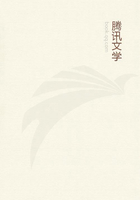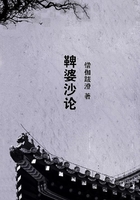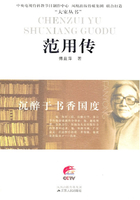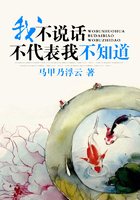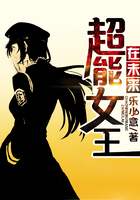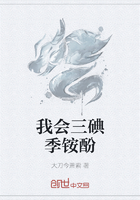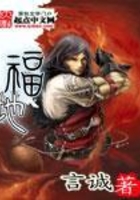OF THE AUTHORSHIP OF THE PENTATEUCH AND THE OTHER HISTORICAL BOOKS OF THE OLD TESTAMENT(1) In the former chapter we treated of the foundations and principles of Scriptural knowledge, and showed that it consists solely in a trustworthy history of the sacred writings; such a history, in spite of its indispensability, the ancients neglected, or at any rate, whatever they may have written or handed down has perished in the lapse of time, consequently the groundwork for such an investigation is to a great extent, cut from under us. (2) This might be put up with if succeeding generations had confined themselves within the limits of truth, and had handed down conscientiously what few particulars they had received or discovered without any additions from their own brains: as it is, the history of the Bible is not so much imperfect as untrustworthy: the foundations are not only too scanty for building upon, but are also unsound. (3) It is part of my purpose to remedy these defects, and to remove common theological prejudices. (4) But I fear that I am attempting my task too late, for men have arrived at the pitch of not suffering contradiction, but defending obstinately whatever they have adopted under the name of religion. (5) So widely have these prejudices taken possession of men's minds, that very few, comparatively speaking, will listen to reason. (6) However, I will make the attempt, and spare no efforts, for there is no positive reason for despairing of success.
(7) In order to treat the subject methodically, I will begin with the received opinions concerning the true authors of the sacred books, and in the first place, speak of the author of the Pentateuch, who is almost universally supposed to have been Moses. (8) The Pharisees are so firmly convinced of his identity, that they account as a heretic anyone who differs from them on the subject. (9) Wherefore, Aben Ezra, a man of enlightened intelligence, and no small learning, who was the first, so far as I know, to treat of this opinion, dared not express his meaning openly, but confined himself to dark hints which I shall not scruple to elucidate, thus throwing, full light on the subject.
(10) The words of Aben Ezra which occur in his commentary on Deuteronomy are as follows: "Beyond Jordan, &c . . . If so be that thou understandest the mystery of the twelve . . . moreover Moses wrote the law . . . The Canaanite was then in the land . . . . it shall be revealed on the mount of God . . . . then also behold his bed, his iron bed, then shalt thou know the truth." (11) In these few words he hints, and also shows that it was not Moses who wrote the Pentateuch, but someone who lived long after him, and further, that the book which Moses wrote was something different from any now extant.
(12)To prove this, I say, he draws attention to the facts:
(13)1. That the preface to Deuteronomy could not have been written by Moses, inasmuch as he ad never crossed the Jordan.
(14)II. That the whole book of Moses was written at full length on the circumference of a single altar (Deut. xxvii, and Josh. viii:37), which altar, according to the Rabbis, consisted of only twelve stones: therefore the book of Moses must have been of far less extent than the Pentateuch. (15) This is what our author means, I think, by the mystery of the twelve, unless he is referring to the twelve curses contained in the chapter of Deuteronomy above cited, which he thought could not have been contained in the law, because Moses bade the Levites read them after the recital of the law, and so bind the people to its observance. (16) Or again, he may have had in his mind the last chapter of Deuteronomy which treats of the death of Moses, and which contains twelve verses. (17) But there is no need to dwell further on these and similar conjectures.
(18)III. That in Deut. xxxi:9, the expression occurs, "and Moses wrote the law:" words that cannot be ascribed to Moses, but must be those of some other writer narrating the deeds and writings of Moses.
(19)IV. That in Genesis xii:6, the historian, after narrating that Abraham journeyed through the and of Canaan, adds, "and the Canaanite was then in the land," thus clearly excluding the time at which he wrote.
(20)So that this passage must have been written after the death of Moses, when the Canaanites had been driven out, and no longer possessed the land.
(21)Aben Ezra, in his commentary on the passage, alludes to thedifficulty as follows:- "And the Canaanite was then in the land: it appears that Canaan, the grandson of Noah, took from another the land which bears his name; if this be not the true meaning, there lurks some mystery in the passage, and let him who understands it keep silence." (22) That is, if Canaan invaded those regions, the sense will be, the Canaanite was then in the land, in contradistinction to the time when it had been held by another: but if, as follows from Gen. chap. x. Canaan was the first to inhabit the land, the text must mean to exclude the time present, that is the time at which it was written; therefore it cannot be the work of Moses, in whose time the Canaanites still possessed those territories: this is the mystery concerning which silence is recommended.
(23)V. That in Genesis xxii:14 Mount Moriah is called the mount of God, [Endnote 9], a name which it did not acquire till after the building of the Temple; the choice of the mountain was not made in the time of Moses, for Moses does not point out any spot as chosen by God; on the contrary, he foretells that God will at some future time choose a spot to which this name will be given.

